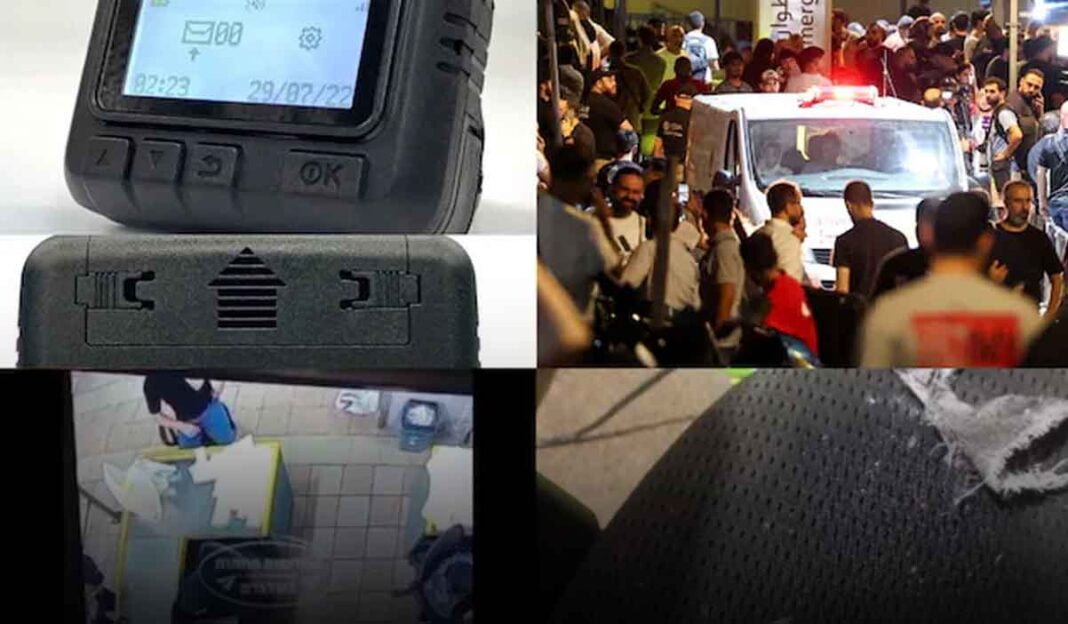On September 17, 2024, tragic pager explosions occurred in a supermarket in Beirut, Lebanon, resulting in the deaths of 11 individuals and injuring approximately 4,000 others.
Reports have emerged suggesting that Israel’s intelligence agency, Mossad, may have strategically planted explosives inside pagers intended for the Lebanese militant group Hezbollah.
Details of the Operation
According to sources familiar with the situation, Mossad intercepted a shipment of pagers ordered by Hezbollah from the Taiwanese company Gold Apollo. These pagers were tampered with before reaching Lebanon, with officials indicating that three grams of explosives were discreetly hidden near the battery in each device. This operation is described as a sophisticated act of sabotage aimed at destabilizing Hezbollah, which has been a longstanding adversary of Israel.
Understanding Pagers
Pagers are wireless devices that were widely used in the late 20th century for sending and receiving short messages. They operate on radio signals and can alert users to incoming messages through beeps or vibrations. While pagers have largely been replaced by mobile phones, they still find use in specific industries, such as healthcare, where instant communication is crucial. In the context of this incident, the pagers were likely used by Hezbollah operatives for secure communication.
Reactions and Denials
Gold Apollo has vehemently denied any involvement in the production of the explosive-laden pagers. Hsu Chin-kuang, the company’s head, stated, “They are not our products from beginning to end. How can we produce products that are not ours?” Hezbollah has accused Israel of orchestrating the attack, but Israeli officials have not publicly confirmed their involvement.
U.S. Position
The United States government has denied any prior knowledge or involvement in the explosive incident. State Department spokesman Matthew Miller stated, “I can tell you that the US was not involved in it, the US was not aware of this incident in advance.” He urged Iran to exercise restraint amid rising tensions in the region, emphasizing that terrorist members of organizations like Hezbollah are legitimate targets for operations against nations under threat.
Diplomatic Context
This incident occurs against a backdrop of heightened military tensions between Israel and Hezbollah, particularly following recent hostilities involving Hamas. U.S. officials have been engaged in private diplomacy, attempting to prevent a major Iranian retaliation against Israel in light of ongoing conflicts. Miller reiterated the U.S. commitment to seeking a diplomatic resolution to the escalating conflict, aiming for stability in a region fraught with volatility and ongoing threats.
The situation underscores the complex and dangerous nature of geopolitical rivalries in the Middle East, highlighting the lengths to which intelligence agencies may go to achieve strategic objectives.


